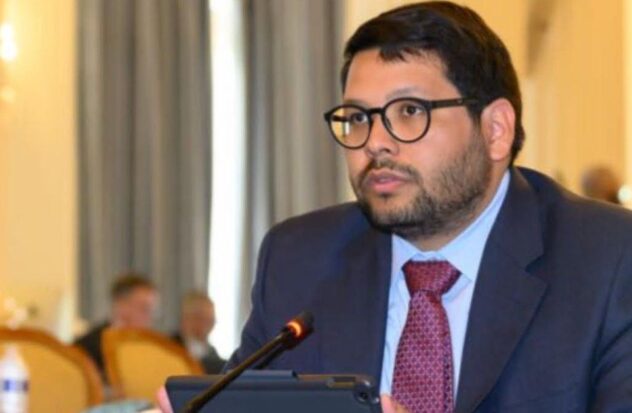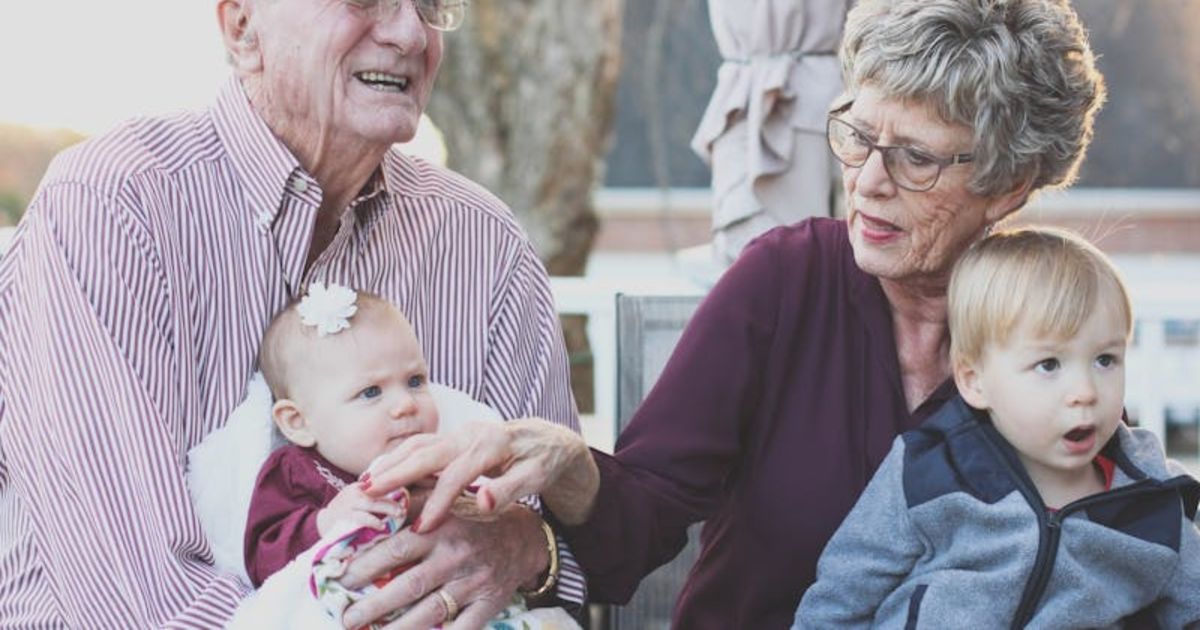Roma.- The gruesome images seen on social media of the persecution that has been unleashed in Venezuela since the proclamation of the dictator Nicolas Maduro keeps the diaspora of the South American country in suspense. Because, “after the overwhelming and indisputable electoral victory that we Venezuelans achieved on July 28, the response of the regime is murder, kidnapping and persecution,” denounced María Corina Machado on the X network this Wednesday, July 31, and pointed out that “to date there have been more than 177 arbitrary arrests, 11 forced disappearances and at least 16 murders in the last 48 hours.”
But this is not the first time that this communist regime has oppressed the people: the last ten years have been described as the “dark decade of Nicolás Maduro” by the NGO Provea (Venezuelan Program for Education and Action in Human Rights), a non-profit organization that has been defending human rights in Venezuela for 35 years.
According to Provea, between 2013 and 2023, “43,003 people have been victims of violations of personal integrity, including more than 1,652 victims of torture and 7,309 victims of cruel, inhuman and degrading treatment or punishment.” In addition, 10,085 souls have been executed at the hands of agents of the police and military bodies controlled by the regime.
Terror from within
In addition to the 177 arbitrary arrests reported by the leader of the democratic opposition, Venezuela’s own attorney general, Tarek William Saab, reported on Tuesday, July 30, that at least 749 people were arrested for alleged “acts of violence.” And what happens to the people detained by the regime? To understand this, DIARIO LAS AMÉRICAS spoke with Jesús Alemán, a young man who began his fight for change in Venezuela when he was only 12 years old and who in 2018 was kidnapped and tortured by the dictatorship. Today, Jesús is exiled in Spain, with a horror story behind him.
Why are you exiled in Spain? Tell us what happened in Venezuela in 2018?
I am outside Venezuela because the dictatorship expatriated me. On January 18, 2018, I was kidnapped: I was leaving my house to take humanitarian aid that had arrived from the United States to some children and I was kidnapped by the SEBIN (Bolivarian Intelligence Service). They ‘planted’ grenades, long weapons, ammunition, bulletproof vests, uniforms of the Bolivarian National Guard on me, saying that I was carrying them in my vehicle. That is where my path of torture begins. I was imprisoned in the territorial base of Los Llanos, where I suffered different methods of torture.
Can you tell me what these torture methods were?
They covered my face with a black bag that cut off my breathing, they put something around my body and hit me with what I assumed was a bat, they hit my head, they stunned me, they told me to take the blows like the applause at the marches, they wet me on the ground and gave me electric shocks on my back and chest. They told me that my life was worthless, that I was alone, that I would have no savior, they asked me about other political leaders. I had nothing to say, but my silences translated into blows, blows that marked my life. After the beatings I heard them enjoying the moment. Their laughter was also tortuous. The rest of the time they left me completely isolated in a small room with a white light, where I constantly questioned the moment when they would return, sometimes preferring that they return, because I felt that I was going crazy. I could only think about my family. A week later they brought me to court. They not only accused me of being a political activist, but they also accused me of crimes I did not commit, using the entire judicial system, falsifying evidence, false testimonies and manipulating all the police forces at will. My charges were terrorism, treason and criminal association. Then they sentenced me to deprivation of liberty and transferred me to a common prison in Campo Lindo.
What is life like in a Venezuelan prison?
There, everyone’s life was in the hands of a PRAN, who is the leader of the criminals in the prison. We lived in inhuman and deplorable conditions. There were more than 40 cases of tuberculosis in the prison. When we were allowed to go to the bathroom, all our physiological needs or hygiene were done through a single pipe that collapsed and the water reached our calves. I got sick with scabies and fungus, I even saw the tendons on my toes, but they denied me medical assistance. I didn’t sleep because sometimes at night they could throw tear gas and in the mornings it was normal to wake up with someone stabbed. I also lived through a riot, where I witnessed how my guard was shot in the head. I was lying on the ground for more than 20 hours in a line of fire and the only thing I asked God for was that a grenade wouldn’t explode near me.
How do you get out of jail?
One morning, I was unexpectedly taken from the detention center, taken to court, and made to sign precautionary measures prohibiting me from leaving the state, prohibiting me from leaving the country, and requiring me to present myself. I was placed under house arrest until July 27, 2018, when they decided to expatriate me from my country. At the airport, they told me that I had already been saved twice and that I would not be able to tell of a third time, because they were going to kill me by cutting me into pieces. Since July 28, 2018, I have been living in exile, but that has not meant forgetting my country, just like the millions of Venezuelans who were forced in one way or another to leave Venezuela.
How did this experience change your life?
When you leave, you sign a document saying that you cannot return to your country. They steal your life from you. It is an experience that changes you. When I arrived in Spain, I woke up running in the streets. Many times I woke up at a bus stop. It is true, I am free, but it is a subjective freedom. If you cannot return to your land where you were born, where you lived, where your family is, where you grew up, it is difficult. Thank God, Spain has been a country that has opened its doors to us, it has given us the opportunities to grow. We have had to do a lot, from working in construction to defending the human rights of those who are still in Venezuela.
What do you long for Venezuela?
I wish for Venezuela a country full of opportunities and unity. It is a country with a lot of hate and a lot of resentment. I believe that we who have gone through difficult situations should be the agents that help reduce that hate and resentment, because it is a country devastated socially, economically and culturally. This broke up families. There has to be a change and we have to be part of that. For the first time in the six years that I have been living in exile, I feel that we will soon return home.


